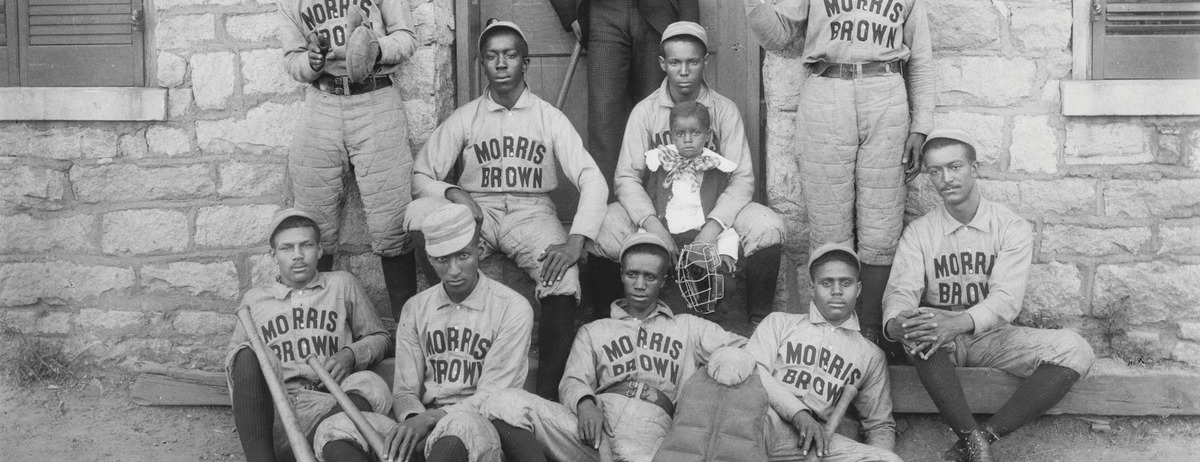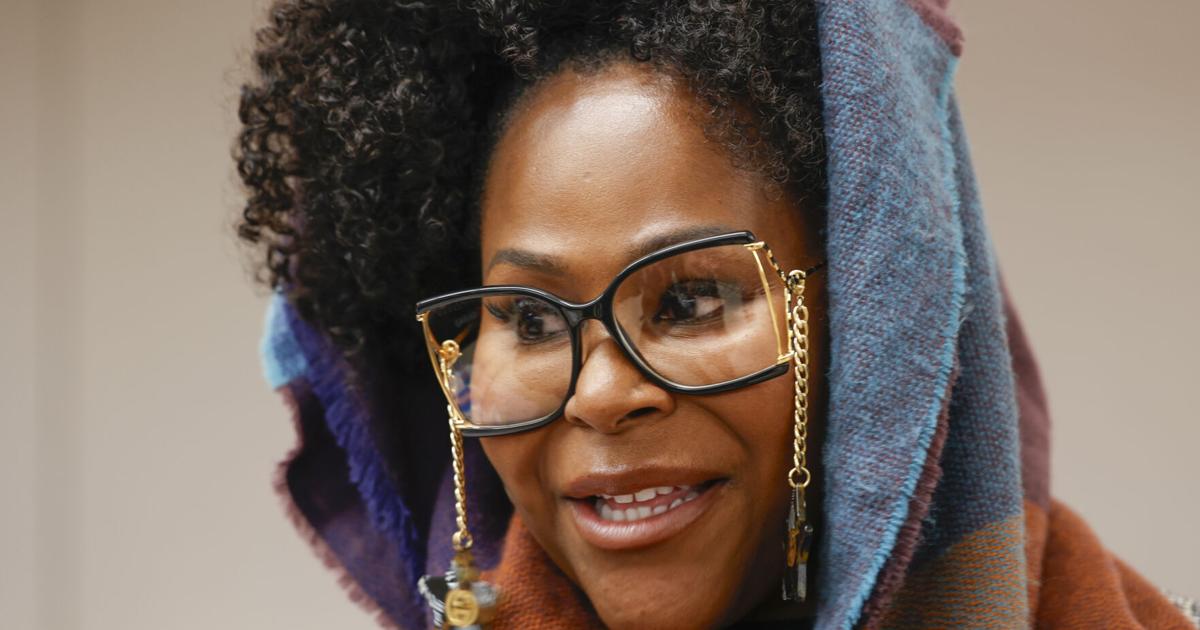- BlackVoter.Org
- Posts
- BlackVoter.Org
BlackVoter.Org


Uniting Across Cultures: Black and Latino Solidarity Thrives in North Carolina's Evolving Landscape!
In her insightful essay, sociologist Jennifer A. Jones reveals a surprising trend in race relations in North Carolina's Winston-Salem—rather than conflict, a growing solidarity between African Americans and Latino migrants is emerging.
Over the past three decades, the state has become increasingly diverse, with Latinos now comprising over 10% of the population. Amid a shifting political climate that has often turned hostile towards immigrants, Jones found that Latino newcomers are forging alliances with Black residents, recognizing shared struggles against discrimination and exclusion.
Through community organizing, joint efforts in civil rights, and mutual support, these groups are building coalitions that challenge systemic injustices and promote a united front. As North Carolina evolves into a majority-minority state, this burgeoning solidarity exemplifies the power of collective action against a backdrop of fear—a hopeful narrative that underscores the potential for social change when diverse communities come together.

Gif by snl on Giphy

In "We Are Free to Change the World," Lyndsey Stonebridge offers a captivating exploration of Hannah Arendt, one of the 20th century's most profound thinkers. Unpacking Arendt's insights on love, femininity, and race, Stonebridge reveals how Arendt's work resonates powerfully in today's tumultuous political landscape.
Despite her reluctance to embrace the philosopher label, Arendt passionately delved into the human experience, infusing her analysis with a hopeful yet realistic view of humanity's potential. Stonebridge's narrative elegantly intertwines Arendt's life story—marked by persecution and resilience—with her philosophical musings, encouraging readers to reflect on their own circumstances.
Through a thorough examination of Arendt's thoughts on crucial topics, the book serves as a rich introduction to her work and offers enduring wisdom. In an era echoing Arendt's warnings, Stonebridge highlights the philosopher's belief in the transformative power of love and the importance of courage in navigating a complex world.

A recent court-ordered redistricting has empowered Alabama's Black voters by establishing a new congressional district that ensures their representation in Washington, D.C.
At the heart of this victory is Shalela Dowdy, a Black voter and veteran who helped lead the lawsuit that overturned a discriminatory congressional map. The newly drawn district encompasses Mobile and Montgomery and has successfully elected Democrat Shomari Figures, marking significant progress in a state that has historically disenfranchised its Black population.
Activists like Evan Milligan emphasize the importance of this representation at a time when federal diversity initiatives are facing challenges. Community advocates, such as Beverly Cooper and Amelia Bacon, are actively encouraging voter participation, raising concerns about the potential erosion of civil rights protections.
As Alabama's cities face the ongoing legacy of racial injustice, the prospect of newly elected officials gives hope to many, igniting a renewed conversation about racial equality and civic engagement.

In Gerald Early's exploration of how baseball influenced Black communities during Reconstruction-era America, we witness a vibrant tapestry of resilience and identity amidst chaos. As African Americans transitioned from bondage to citizenship, baseball emerged as a powerful symbol of hope and community.
Despite systemic racism and violence, including the devastating events of the Colfax Massacre and rising terrorism from groups like the Ku Klux Klan, Black athletes passionately embraced baseball. Figures like Frederick Douglass supported their efforts, viewing the sport as a platform for Black pride and societal uplift.
Though they faced exclusion from formal leagues, teams like the Pythians in Philadelphia became bastions of excellence, providing a sense of belonging and community amidst a harsh landscape. Early's narrative underscores that for these individuals, playing America’s pastime was not just a game; it was a profound assertion of their identity and rights in a society that sought to constrain them.

San Francisco's cancellation of nearly $1 million in grants from the Dream Keeper Initiative has left The Transgender District reeling. This funding cut, stemming from accusations of mismanagement within the initiative, has left the organization scrambling to maintain vital services for the LGBTQ+ community.
Co-executive director Breonna McCree expressed concern over the impact on resources including the district's entrepreneurship accelerator program, which empowers transgender individuals to launch businesses. With the newly revamped Dream Keeper program under Mayor Daniel Lurie promising $36 million in grants, uncertainty looms for organizations previously awarded funding as they navigate a new application process.
Amidst budget cuts and a challenging political climate, McCree remains hopeful that city officials will support the district's mission during this difficult time, emphasizing the importance of maintaining essential services and community care.

Dive into the vibrant tapestry of African American culture in Newport News with the African American Cultural Experiences (AACE). This initiative invites you on a captivating journey through the city’s rich history, celebrating monumental art, stories, and Black-owned businesses that shape the community.
Explore special landmarks, engage with interactive story maps, and taste the unique offerings of featured Black entrepreneurs who infuse life into Newport News. From cultural festivals to inspiring blog posts uncovering untold stories, AACE brings the past to life while fostering present-day excellence.
Join us in celebrating the stories and achievements that define this remarkable community and discover why Newport News is a beacon of culture and innovation.

In its compelling special report "Five Years Later: America Looks for a Way Forward After George Floyd," TIME marks the fifth anniversary of George Floyd's tragic death, a catalyst for historic protests and a renewed call for racial justice. Partnering with the Center for Policing Equity, this report features powerful essays and interviews from activists, scholars, and artists, each diving into the ongoing struggles for equality and dignity in America.
TIME Editor-in-Chief Sam Jacobs emphasizes the immense impact of Floyd's death on American history, highlighting the urgent work still to be done. The project, which includes an evocative cover painting by Tajh Rust, invites readers to reflect on shared histories while inspiring hope for future generations.
To further this vital conversation, TIME will host the "Impact Dinner: The Road to Justice" on May 20 in D.C.
, amplifying the voices and visions needed to reshape public safety and equity in society.